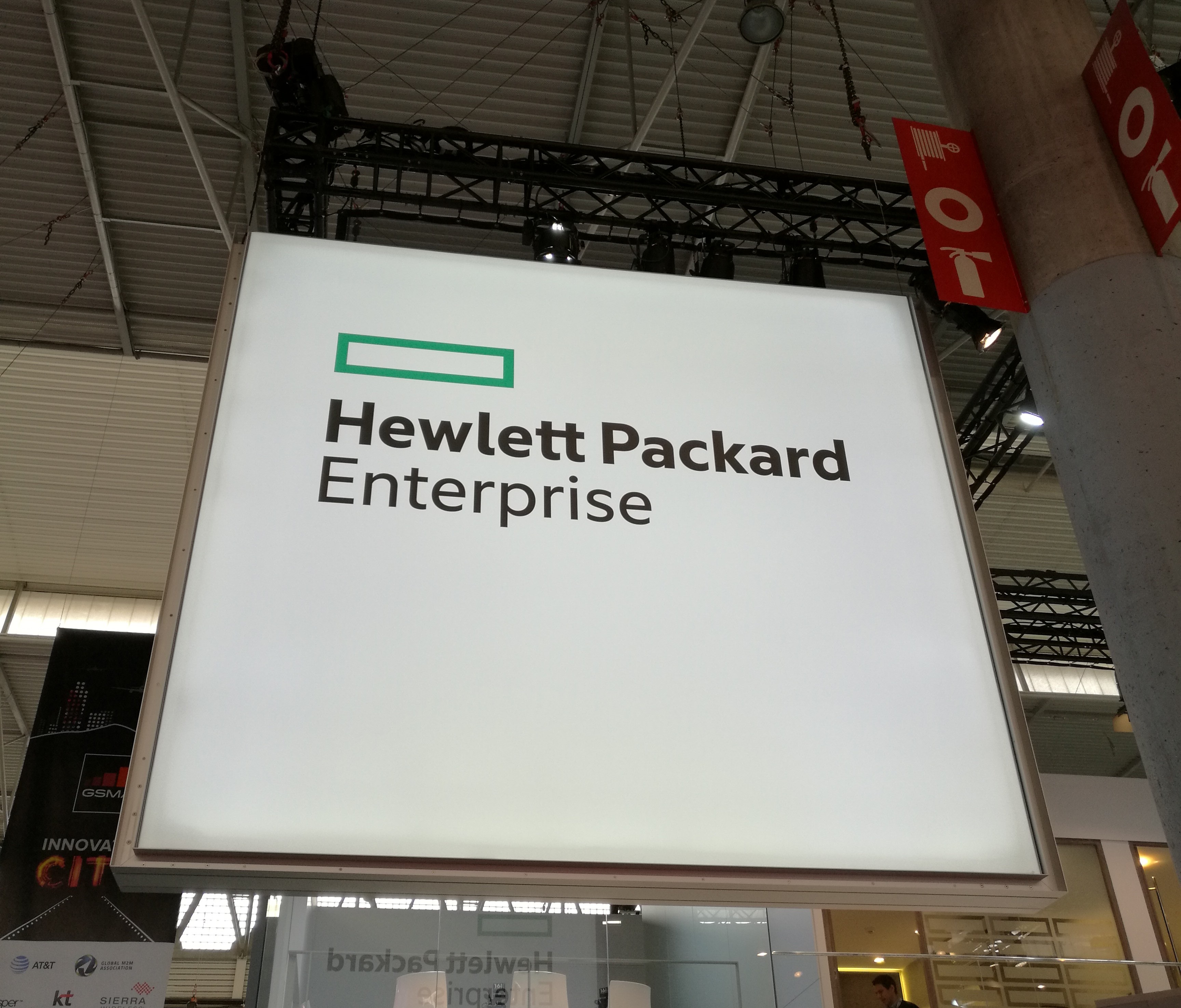

Hewlett-Packard Enterprise (HPE) has released a slew of new computing and storage platforms for businesses dealing with high performance computing (HPC) and artificial intelligence (AI) applications.
The new solutions are part of the HPE Apollo compute platform, and comes as HPE continues to flesh out its HPC, AI and supercomputer credentials.
This was evidenced in May this year when HPE partnered with Nvidia to harness the strength of graphics processing units (GPUs) to power deep learning neural networks and artificial intelligence (AI).
And now at the Supercomputing 2017 conference in Denver, HPE has beefed up its HPE Apollo portfolio.
This has seen the addition of the HPE Apollo 2000 Gen10, designed as both an HPC entry-level system and for deep-learning inference at the edge (e.g. for video analytics).
Another new release is the HPE Apollo 70, which is being touted as HPE’s first ARM-based HPC system.
And there has been a number of new storage systems including the HPE Apollo 4510 Gen10, best suited for customers wanting to optimise the retention and placement of massive amounts of data, using object storage as an active archive.
The other storage development is the arrival of HPE LTO-8 Tape, a new generation of tape technology, based on the latest version 8 of the magnetic tape data storage technology LTO.
According to HPE, all of these releases will help those organisations seeking “extreme performance and capacity with a reduced data centre footprint, lower cost and improved serviceability.”
The firm pointed out that HPC and AI play an increasingly important role in helping organisations tackle complex issues such as modeling, simulation and deep learning to assist with day-to-day business issues such as financial trading; computer-aided design and engineering; video surveillance and text analytics.
“HPC and AI applications are not exclusive to big research organisations and corporations; they can drive efficiency and innovation in the day-to-day business of every company,” said Bill Mannel, VP and General Manager of HPC and AI Segment Solutions at HPE.
“Today, HPE is augmenting its proven supercomputing and large commercial HPC and AI capabilities with new high-density compute and storage solutions to accelerate market adoption by enabling organisations of all sizes to address challenges in HPC, big data, object storage and AI with more choice and flexibility,” said Mannel.
It should be noted that the HPE Apollo 2000 and HPE Apollo 4510 are currently available, but the HPE LTO-8 Tape will only arrive in December.
The HPE Apollo 70 will become available in 2018.
HPE has an established track record in developing complex solutions to meet the growing demands from high end organisations. Last year for example it revealed a working prototype of memory-driven computing with ‘The Machine”.
Essentially, The Machine is a project by HPE Labs to rework the computer architecture, moving from reliance on central processor power to large amounts of on-board memory to cope with the need to compute ever increasing amounts of data found in organisations across all industries.
HPE has also partnered with chemical production giant BASF to develop a supercomputer for powering industrial chemical research.
HPE claims that the supercomputer will be one of the largest in the world, and is based on the HPE Apollo 6000 systems.
How much do you know about AI? Take our quiz!
Denial from TSMC, after multiple reports it was in talks with Intel over a joint…
CEO Tim Cook talks to Trump official, as IDC notes China's smartphone market growth, and…
Another big name chip maker expects a hefty financial charge, after the US tightened rules…
More bad news for Google. Second time in less than a year that some part…
Federal office that tackled misinformation and disinformation from hostile nations is closed down, after criticism…
After Nvidia admits it will take $5.5 billion charge as Trump export limits of slower…